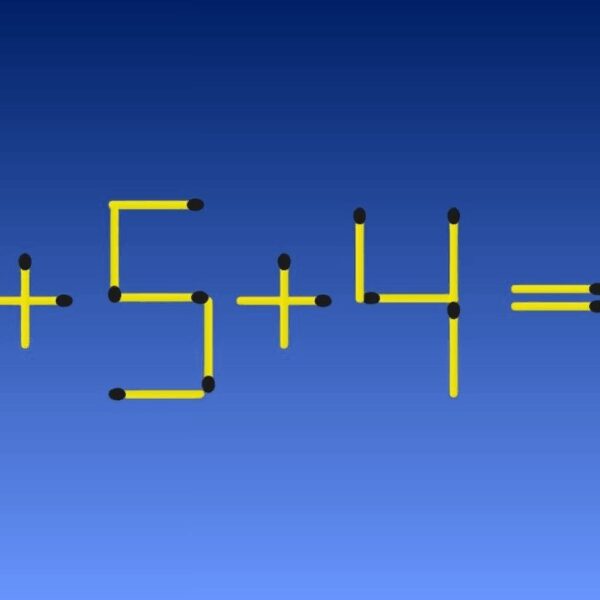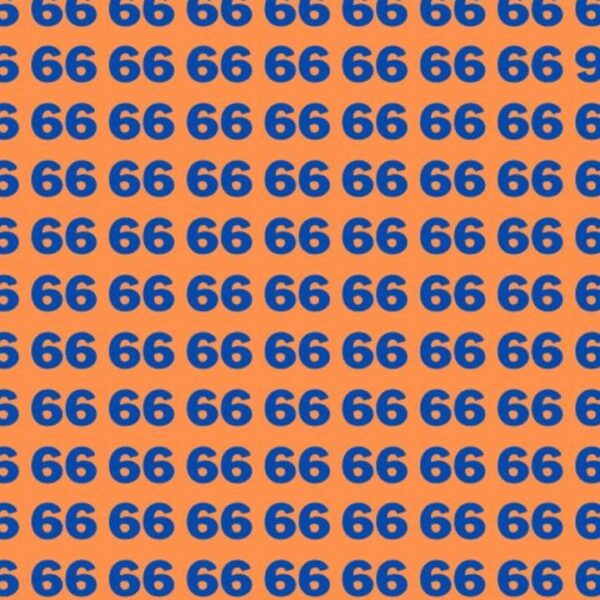Welcome to puzzle of the day! Your mission, if you decide to accept it, is to find the missing number in a logical sequence (29, 47, 65, 83, ?) in a maximum of 20 seconds. The logical sequence is illustrated in the image below. Are you ready for the challenge?
Brainteasers are mental exercises that stimulate your brain to think in new and creative ways. They can help improve memory and cognitive skills, as well as provide a fun and stimulating way to pass the time.
It doesn’t matter if you are a puzzle expert or just starting out, ours puzzle of the day is designed to test your problem solving skills.
So, get ready to test your mind!
Challenge: Find the missing number in a logical sequence
In this challenge, you have to find the missing number in a logical sequence in a maximum of 20 seconds. The logical sequence is as follows: 29, 47, 65, 83, ?.
Do you think you’re a genius? Test your vision with the 5 differences in the hanging vase, but be careful: you only have 15 seconds!
Remember, you only have 20 seconds to solve this puzzle.
This is a challenge that will test your logical reasoning ability and your speed in solving problems. Good luck!

To find a pattern in a logical sequence, it is important to carefully look at the series of numbers or elements and look for any repetitions or regularities. Don’t rush the process.
Take your time to review each item. You may notice that each number is multiplied or divided by a specific value, or there may be a constant increase or decrease.
Additionally, also consider the idea that the sequence might be based on a specific mathematical formula. Practice and exercise they are fundamental in this process.
Finally, don’t hesitate to use online tools or math apps to help you spot patterns in logical sequences.
Have you found the solution? I hope so! Are you ready to see if you were successful? Check it out next paragraph and let’s see if you guessed right. Go ahead, I can’t wait to find out if you have solved!
We announce the solution to the challenge
Compliments to all those who found the answer in less than 20 seconds. The solution to our puzzle is 101. Looking carefully at the sequence, you can see that there is a clear pattern: each number in the sequence is followed by a number that is 18 greater than the previous one.

This number (101) can be understood as a binary code, where it represents the number 5 in decimal notation, or even as a palindromic number, the same read from left to right and from right to left.
In any case, we congratulate everyone who solved the challenge in such a short time. We are proud of you.
We invite everyone who has taken the test to challenge their friends or family by sharing this article. We want you to know that we spend a lot of time creating all these fun games that we come up with every day.
We would be happy if this article was shared on social networks. Don’t use conjunctive adverbs. Remember, nothing is more rewarding to us than seeing how much you like our games and how much fun you have playing them.
So please share and let us know your opinion!







